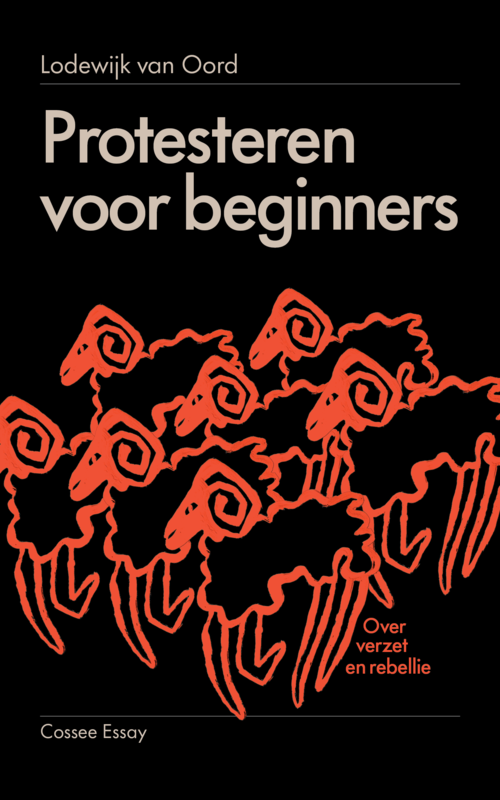
All around the world, people are taking to the streets again with nonviolent forms of protest. They raise their voices against racism, sexism or the war in Gaza, or advocate for urgent climate action.
Dutch writer and historian Lodewijk van Oord takes the reader on a journey through the history of peaceful resistance against war, violence and injustice. He demonstrates how the basic principles postulated by the Ancient comedy writer Aristophanes continue to ring true in our time. Using the theory and practice of Mahatma Gandhi, he examines questions such as: How does nonviolent protest work? What explains the success or failure of a protest movement?
Van Oord also seeks to understand why some resistance leaders, such as Nelson Mandela, opted for violence and why peaceful demonstrations sometimes escalate into violence and chaos. What role does the ruling power play in this process? And why is comedy so important to keep the protest alive? Van Oord’s provocative essay allows for a revaluation of the right to rebel against injustice and to fight for a free and just society.
"These times call for protest. This provoking essay from Lodewijk van Oord can serve as a grinding stone for the anxious mind." – Trouw
"Van Oord has not written a straight-forward manual for protesters or a pamphlet on protesting; there are already plenty of those. He does instead question the relationship between disobedient citizens and the ruling power. (...) His main aim is to investigate how it all works. How images are formed about whether actions are justified or not, and how violence can suddenly get out of hand." – NRC
"In times when those in power seem to be turning against the voices of their own citizens, Lodewijk van Oord casts a fresh eye on the value of collective action. Though he makes a case for non-violent resistance, he is not afraid of civil rebellion." – De Groene Amsterdammer
"With the aid of countless examples from history, as well as his own reflections, Van Oord analyzes why some protest-movements are successful while other are not. Especially interesting is the case about student protests against Israeli violence in Gaza. (...) Van Oord strives to create a better understanding of the dynamics that arose between the protesters and those in power. With nuance he reveals which factors played a role in the events. How effective were the students’ actions? And those of the directors?" – VPRO Boekengids